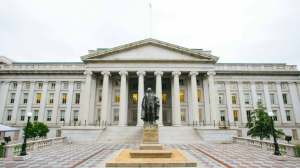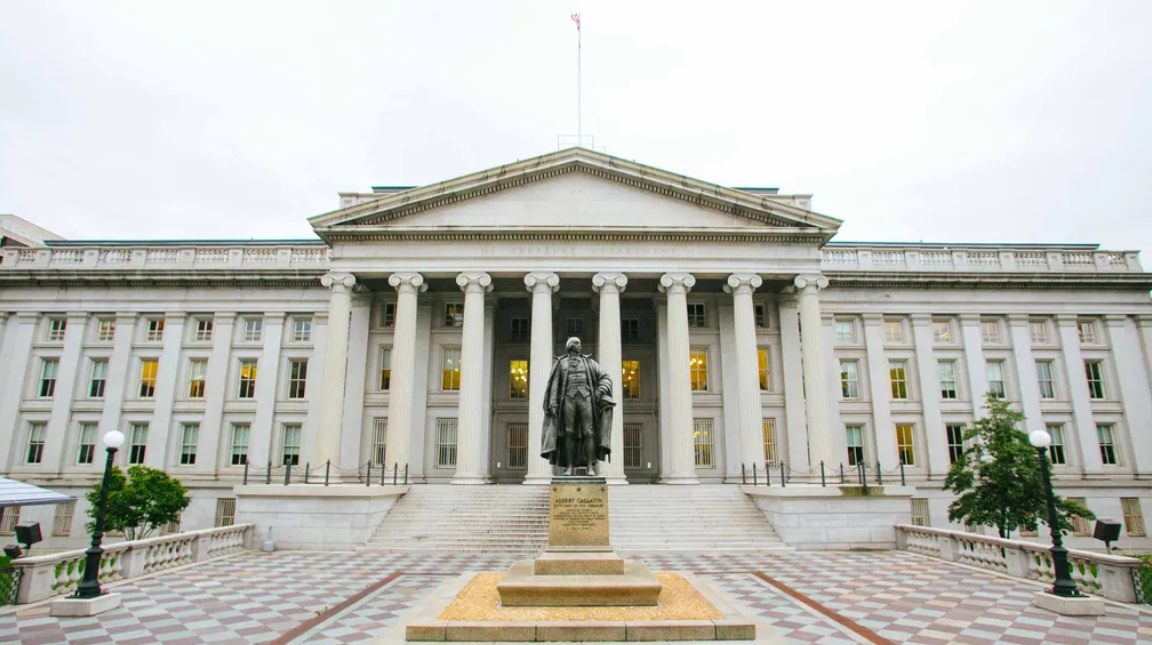Navigating the U.S. Credit Rating Landscape
The United States holds a unique position in the global economy, and its creditworthiness is a topic of perennial interest. Concerns over a potential credit downgrade have been recurring, but this article aims to shed light on why investors needn’t be overly anxious about such a development.
- The U.S. as a Financial Superpower
The U.S. boasts the largest economy globally and serves as a core hub of the global financial system. Its status as a safe haven for investors can withstand credit rating fluctuations.
- The Credit Rating Agencies
Credit rating agencies play a pivotal role in assessing the creditworthiness of nations. They consider a range of economic indicators and fiscal policies when assigning ratings. A downgrade can happen, but it doesn’t necessarily spell doom.
- Historical Precedents
The U.S. has experienced credit downgrades before. Even when such events occurred, they had limited long-term impacts on the country’s ability to borrow and on financial markets.
- Interest Rates and Bond Yields
A credit downgrade can exert upward pressure on interest rates and bond yields. However, experts argue that the scale of this effect is usually modest and doesn’t significantly disrupt the overall economy.
- Diverse Investor Base
The U.S. Treasury market is incredibly diverse, with domestic and international investors. Its sheer size and liquidity ensure continued demand for U.S. government debt.
- Reserve Currency Status
The U.S. dollar holds a unique status as the world’s primary reserve currency. This status affords the U.S. significant financial flexibility and mitigates the impact of credit downgrades.
- Fiscal and Monetary Policy
The U.S. has the tools to manage economic and fiscal challenges. Policymakers can enact measures to stabilize the economy, which bolsters investor confidence.
- Geopolitical Considerations
Amid global geopolitical uncertainties, the U.S. remains a relatively stable and secure investment destination, attracting capital even in the face of rating adjustments.
- Structural Reforms
Even if a downgrade were to occur, it could catalyze discussions about necessary structural reforms. This might lead to long-term fiscal responsibility.
- The U.S. Reputation
The reputation of the U.S. as a global financial powerhouse is grounded in more than just its credit rating. Investors consider a multitude of factors when entrusting their resources to the nation.
Conclusion: Maintaining Confidence Amid Uncertainties
While concerns over a U.S. credit downgrade may surface periodically, investors should remain confident in the resilience and stability of the U.S. financial system. The nation’s diverse investor base, status as a financial superpower, and the ability to adapt and enact policies contribute to its enduring appeal. Regardless of rating adjustments, the U.S. remains a formidable economic force on the world stage. It’s a reminder that credit ratings, though important, are only one piece of the investment puzzle.




































